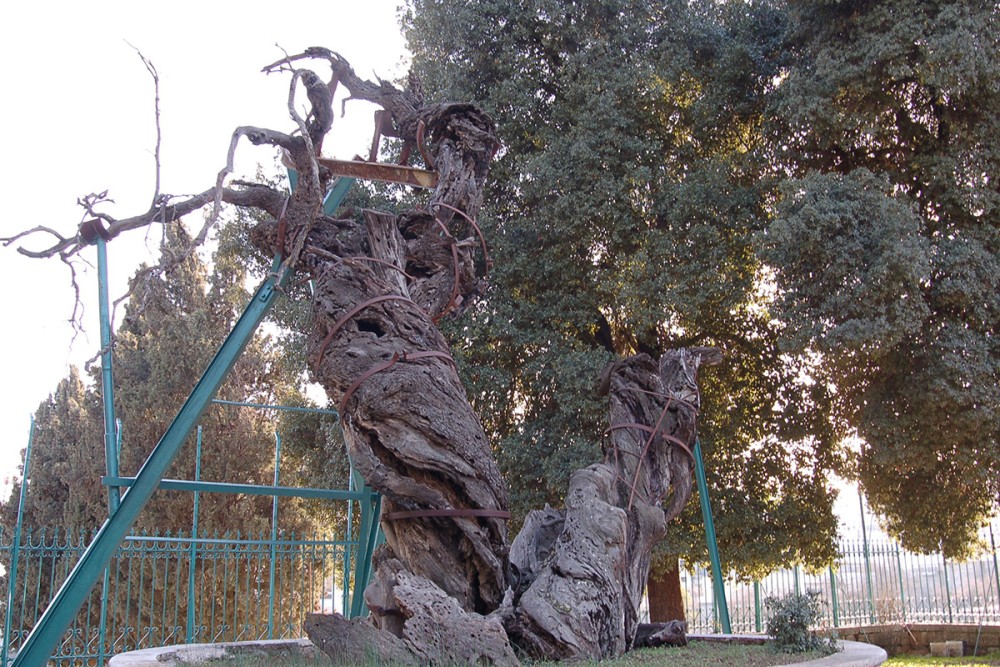
According to a 16th-century rumor, as doomsday preachers prophesied the end of times, Martin Luther replied to a question about how to live in the face of apocalyptic collapse—to live in a society on fire with plagues and famines, with political revolt and religious upheaval. “If I knew the world would end tomorrow,” Luther responded, “I would plant a tree this afternoon.”
Last year I planted a tree in our backyard. A black gum, Nyssa sylvatica. The species is native to the eastern regions of North America. Up the coast in New York, arborists have documented clusters of them that are more than 500 years old. My black gum will grow into maturity long after my body returns to the dust.
At least that’s my hope: for the tree to experience several centuries of life. It’s a modest hope, but it seems increasingly audacious with every new climate report and every trivial response from our elected leaders, their cruel negligence of earthly life. I plant and water even though our future feels like guesswork. We add saplings for the sake of the beauty of the earth, even if that beauty is fleeting. We flood the streets with protest, even as politicians double down on their shilling for the fossil fuel industry. An ethical life, as we confront an environmental apocalypse, is a prayer we offer with our bodies—marching as supplication, planting as invocation. My sapling is a hope against hope, as the apostle Paul wrote, to believe in the God who calls into existence possibilities that do not exist: impossible futures.




